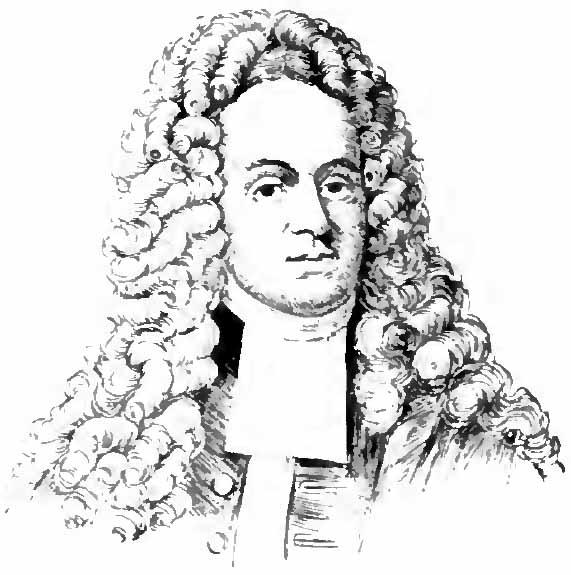Andrew Carnegie
Carnegie states that the problem of his day is the administration of wealth, and the new differences between the rich and poor should be celebrated rather than despised because it's better that the rich have more than nobody have anything, or civilization would collapse. He then answers the question: what's the right way to administer wealth? He defines the three ways to administer wealth (giving it to descendants, donating it to the public upon death, or using it throughout the owner's lifetime), stating the first to be not useful as the value of land falls or is lost and generally causes more harm than good. The second method can only be used for disposing of wealth and usually doesn't lead to the goals the person wants during their lifetime as it takes a while for the money left to make an impact. Carnegie does say that it's becoming more common that large estates are taxed after their owners' deaths, which is a good way to redistribute the funds to the public instead of being hoarded by someone else. This also leads to businessmen being more likely to use their money in their lifetime where it can be the most beneficial to all people. He further claims that this third way of administering wealth is the solution for all the temporary inequality in wealth between the rich and the poor, since it running through the hands of the wealthy few first and then later becoming the property of many has a much greater effect than giving the poor small amounts of money individually. He describes the duties of a man of wealth as living a modest, unostentatious life and then distributing surplus money through the population which will eventually better society as a whole.



